
The Local Economy Solution
How Innovative, Self-Financing “Pollinator” Enterprises Can Grow Jobs and Prosperity
Growing evidence has proven that economic development’s current cornerstone — incentives to attract large businesses — is a dead end. This book suggests an alternative approach: nurture a new generation of enterprises that help local businesses launch, grow and create jobs in self-financing ways. The book includes two dozen successful case studies. It also shows how the right public policy can encourage this growth at virtually no cost.
Author: Michael Shuman
Year of Publishing: 2015
Number of Pages: 248
Please select book type and language before adding to your book bag.
Related Books
-
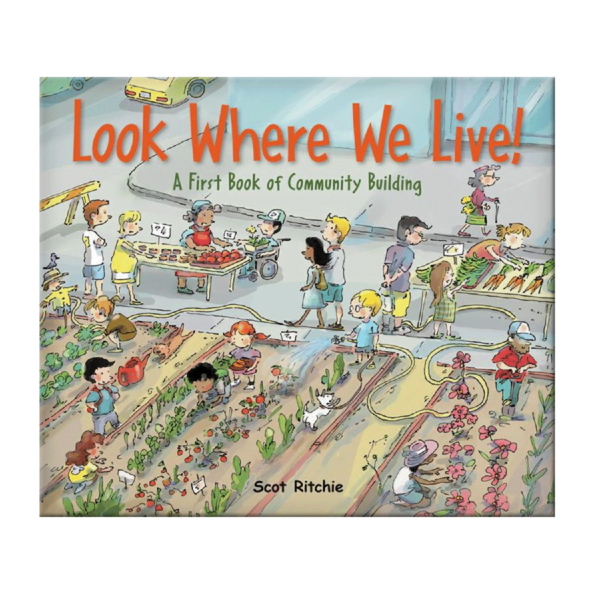 Add to WishlistRemove from WishlistAdd to Wishlist
Add to WishlistRemove from WishlistAdd to Wishlist -
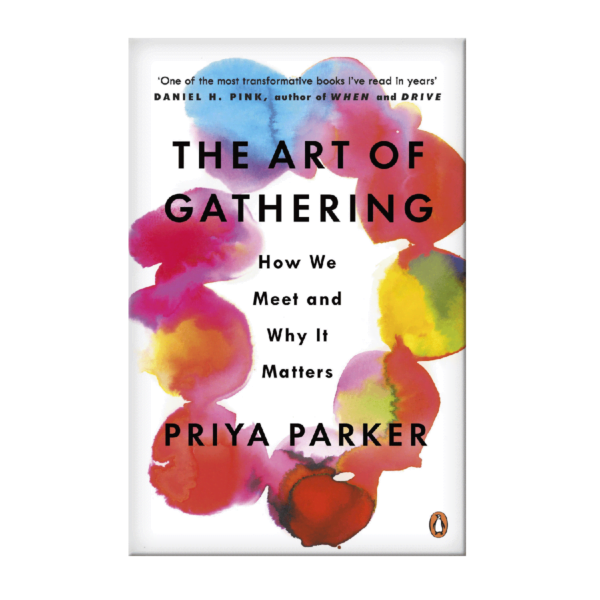 Add to WishlistRemove from WishlistAdd to Wishlist
Add to WishlistRemove from WishlistAdd to Wishlist -
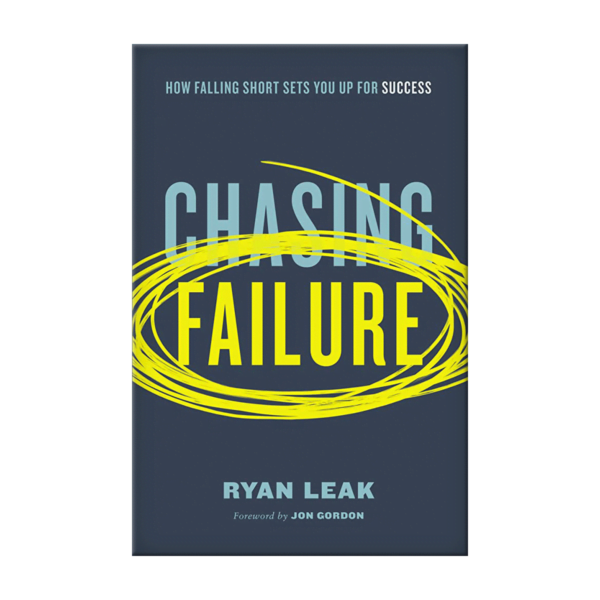 Add to WishlistRemove from WishlistAdd to Wishlist
Add to WishlistRemove from WishlistAdd to Wishlist



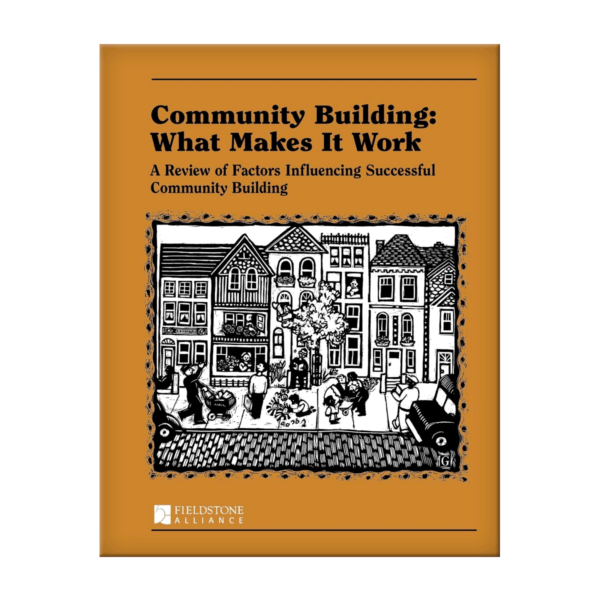
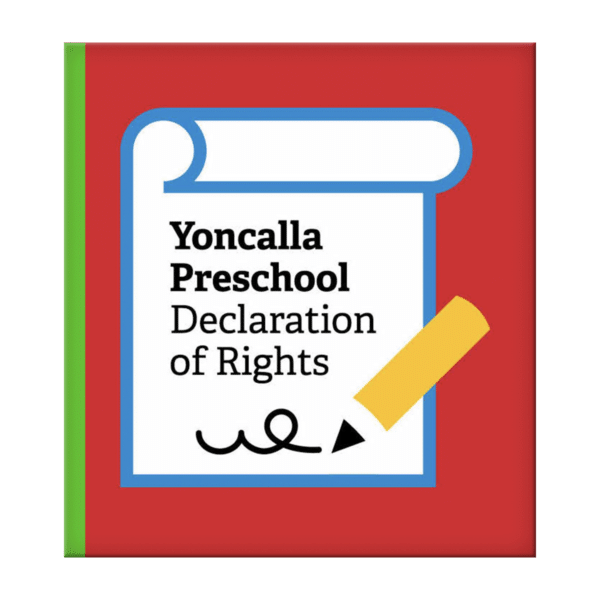
Reviews
Peighton Allen (verified owner) –
An interesting read in very accessible language and format.
Danielle Stolk (verified owner) –
This book has some useful advice about engaging local power structures and leveraging resources to foster economic growth; however, some of it is dated in the post pandemic economy that is wrought with political volatility particularly in rural communities.
landonhirz (verified owner) –
Great read.
Only logged in users who have ordered this book can leave a review